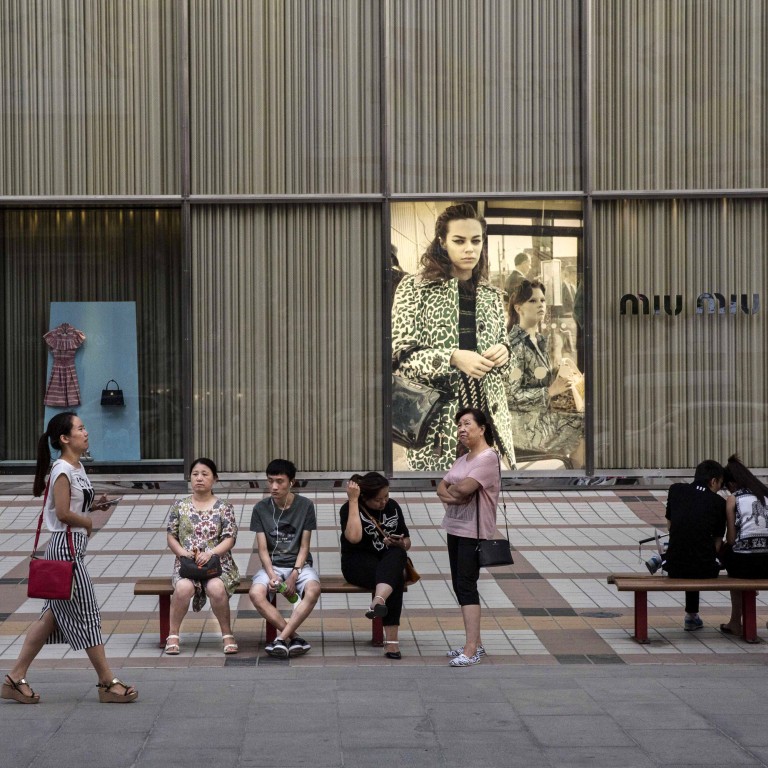Inside Chinese shoppers’ massive appetite for luxury goods: from spending US$131 billion by 2027 and consuming domestically including Hong Kong, Macau and Hainan, to loving brands like Prada and Gucci

- Mainland Chinese shoppers are set to spend a record US$131 billion on luxury by 2027, according to Business of Fashion (BoF) Insights’ new report – they’re expected to shop in Hong Kong and Macau too
- Another report by Alliance Bernstein (AB) shows the younger Chinese demographic leads luxury shopping with a liking for Prada and Gucci, which are earning loyalty through digital platforms like WeChat
Chinese consumers – a massive population with an even bigger appetite for luxury goods, have historically contributed significantly to the growth of the global luxury market, both domestically and internationally.
With rising purchasing power, they will only continue to do so, according to a new report by Business of Fashion (BoF) Insights, which projects how mainland shoppers are set to spend a record US$131 billion on luxury by 2027, surpassing pre-pandemic records.

The report titled “Dynamic Journeys: China Luxury Shoppers at Home and Abroad” cites changes in post-pandemic shopping patterns of the Chinese nation and estimates that US$89 billion of luxury sales – more than half of total spent globally – will take place domestically in China by 2027.

On the other hand, Alliance Bernstein’s (AB) report on “Global Luxury Goods: Insights from the Road in post-Covid China” showcases how the younger Chinese demographic is the leading Chinese luxury shopper, as the “one child policy” results in wealth accumulation among a smaller pool of young people, allowing individuals to inherit assets from two generations.
Travelling abroad

Chinese consumers are known for travelling abroad to shop for luxury goods, given the noticeable price differences between overseas and domestic luxury markets due to tight Chinese customs control, shutting out luxury brands with high tariffs. For instance, before even accounting for the VAT refunds, Chinese shoppers already find European luxury prices cheaper, with customers taking a liking to brands like Prada, Versace and Gucci.